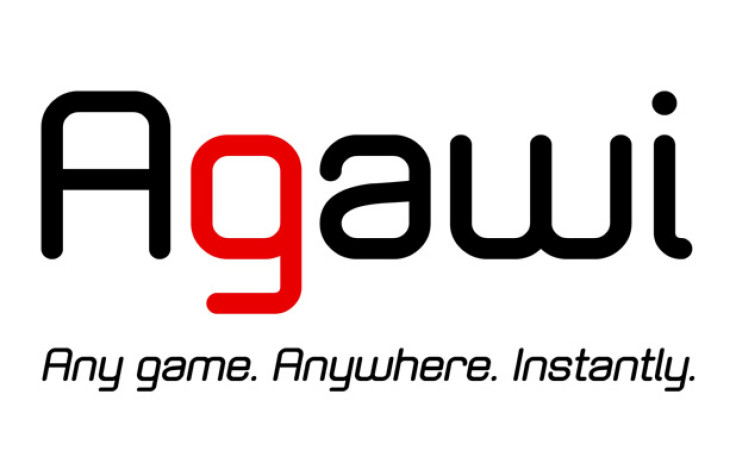CES 2013: Agawi Partners With Marvell To Step Up Its Smart TV Game

Agawi has been one of those small companies that just might prove to have a big footprint in the future of digital media. In the midst of frequent meetings at the frenetic Las Vegas Convention Center this week for CES 2013, the Menlo Park, Calif.-based mobile gaming startup announced a new partnership with Marvell (Nasdaq: MRVL) to bring its Agawi CloudPlay service to Android-powered smart televisions.
The CloudPlay platform, like many new entries into the fast-growing market for cloud-based gaming, allows players to access video game content long thought to be slave to console or PC hardware by streaming it from remote servers.
As a leader in the semiconductor industry, Marvell can take credit for the chips powering many of the new devices presented at CES this week. By offering this sort of system-on-a-chip hardware, the company thus provides the infrastructure behind Google’s (Nasdaq: GOOG) TV services found in televisions from companies like Vizio, Sony (NYSE: SNE), and LG (NYSE: LG). Allowing TV manufacturers to run Android operating system on their products gives Marvell a unique opportunity to introduce new Google-friendly services like Agawi’s cloud-based gaming support.
“By making Agawi CloudPlay accessible via Marvell’s hardware platform, we’re opening up a world of opportunities for gaming on connected smart devices,” Agawi cofounder Rajat Gupta said in a statement. “This is an elegant cloud gaming solution that any TV device manufacturer or operator can integrate into their products and services—now it’s even possible to offer Agawi’s instant game streaming as a preloaded application on smart TVs and the like.”
”Marvell is very proud to support Agawi’s innovative CloudPlay platform for Android smart TVs,” Marvell vice president Winston Chen added. ”Marvell aims to provide the ultimate in performance, affordability, and power efficiency in cloud-based multimedia content delivery.”
Second only to the flurry of smart TV announcements, cloud computing has taken center stage at CES this year. And as Nvidia (Nasdaq: NVDA) kicked off its presence at the annual tech conference with a bold step into cloud-esque gaming, Agawi, who is also one of Nvidia’s launch partners for its new GRID platform, is seeking a quick entry into what the company’s vice president of business development Jim Battaglia called the market for “post-PC devices.”
The benefit this offers consumers and developers is a relatively open platform for game development (Android) without the barriers incurred by developing for gaming-specific hardware.
For gamers, Battaglia said, the main strength is that Agawi-supported games “don’t require specialized hardware.” For content developers, meanwhile, the partnership with Marvell offers “professionally delivered cloud services” that are “very robust, very reliable.”
“Above and beyond traditional gaming services, the capability to deliver an immersive, console-gaming experience on an Android-based platform and on the largest screen in the house is key to allowing our ecosystem partners to rapidly roll out turnkey cloud gaming solutions,” Chen added. “Our collaboration with Agawi is testimony to the very talented and committed engineers on our staff and demonstrates yet another way in which Marvell delivers one of the best smart TV experiences in today’s connected lifestyle.”
Much like the Ouya and the newly-minted Kickstarter wunderkind called Gamestick, Agawi is entering an emerging market of game developers seeking to build “console-quality” gaming experiences without investing as much time and capital as their older rivals like Sony, Microsoft (Nasdaq: MSFT), and Nintendo (PINK: NTDOY) to build powerfully but financially risky pieces of hardware. But does this mean the end of video game consoles as we know them?
“I don’t think it’s going to happen overnight,” Battaglia said. “There will certainly be another generation of consoles.”
This next generation already began last year with the launch of Nintendo’s Wii U console. But if cloud-based gaming lives past the hype of this year’s CES convention, the writing may be on the wall for consoles before Sony and Microsoft have even announced their next-generation consoles.
© Copyright IBTimes 2024. All rights reserved.












